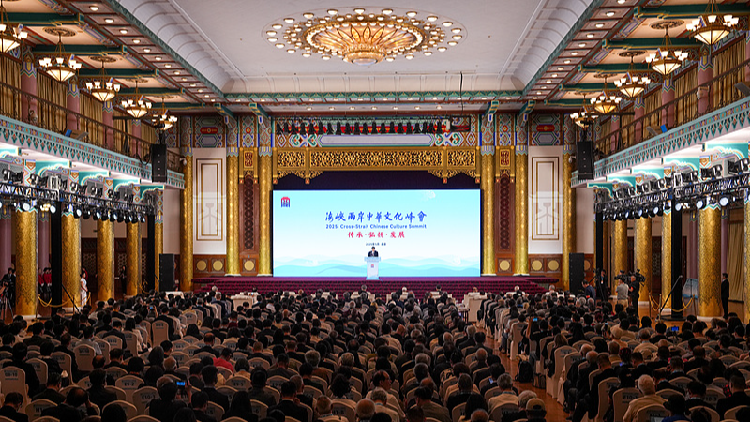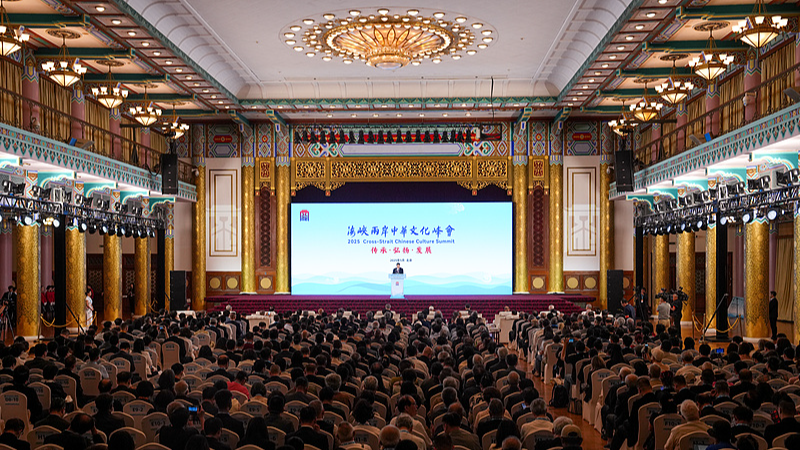Cross-Strait Cultural Summit Highlights Shared Heritage and Promotes Unity
Beijing hosts the second Cross-Strait Chinese Culture Summit, emphasizing shared heritage and cultural confidence across the Taiwan Straits.


The second Cross-Strait Chinese Culture Summit commenced on Wednesday in Beijing, drawing leaders, cultural experts, and distinguished guests from both sides of the Taiwan Straits to underscore the enduring bonds of Chinese culture and to reinforce a sense of shared heritage. The opening ceremony was led by Song Tao, who serves both as head of the Taiwan Work Office of the Communist Party of China Central Committee and the Taiwan Affairs Office of the State Council. His remarks called for cultural leaders from Taiwan to unite with their counterparts on the mainland in strengthening the collective identity of the Chinese nation.
Addressing the audience, Song Tao emphasized the crucial role of cultural confidence in facing contemporary challenges. He expressed hope that cultural figures would play a leading role in guiding citizens across the Straits, urging vigilance against "Taiwan independence" separatist movements and external interference. Song advocated for increased cooperation to advance the shared objective of national reunification, reiterating that common cultural heritage remains a fundamental pillar for cross-Strait understanding.
Hung Hsiu-chu, former chairperson of Taiwan’s Kuomintang party and current chair of the Taiwan-based Chinese Cyan Geese Peace Education Foundation, also delivered a keynote address. She highlighted that cultural roots run deeper than political divisions. Hung proposed several collaborative efforts, including joint projects to safeguard and study ancient Chinese classics, initiatives to promote traditional performing arts, and strategies to develop innovative cultural industries. These efforts, she argued, are essential to not only preserve but also modernize Chinese culture for global audiences.
Hung further stated that by drawing upon their shared history and creative energy, people on both sides of the Straits could significantly enhance the international influence of Chinese civilization. This sentiment reflected the summit’s overarching aim: to leverage cultural exchange as a bridge for deeper mutual understanding and unity.
A featured main forum brought together academics and cultural representatives who delivered insightful speeches on the theme of fostering integrated cultural development. Discussions delved into new approaches for cultural preservation, the adaptation of heritage arts to digital platforms, and opportunities for young artists to contribute to the broader cultural landscape.
The summit concluded its opening day with reaffirmations of commitment to maintaining peaceful exchanges, advancing cultural innovation, and upholding a shared civilizational legacy. Participants voiced optimism that such cultural cooperation would continue to serve as a foundation for dialogue and reconciliation in the years ahead.




